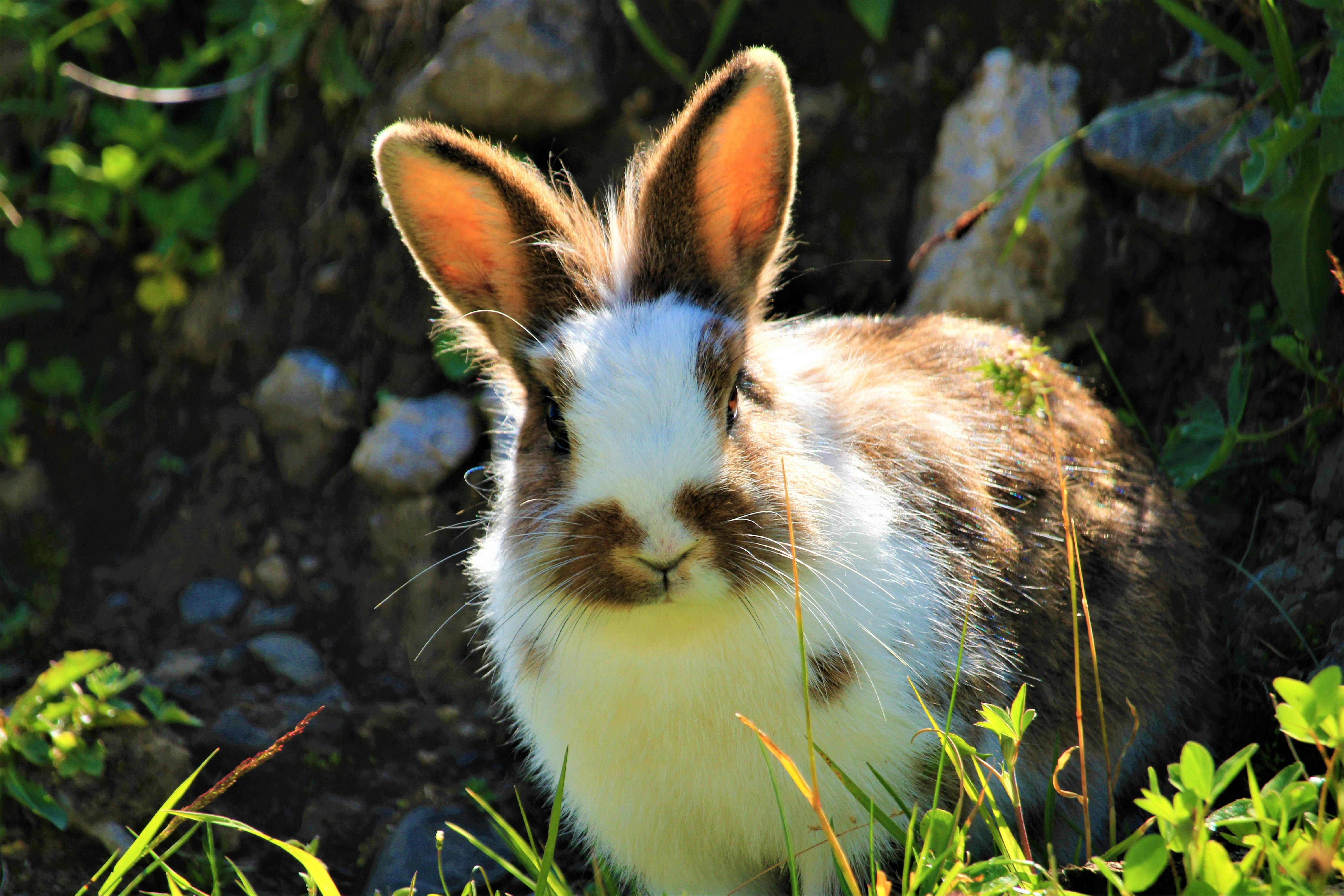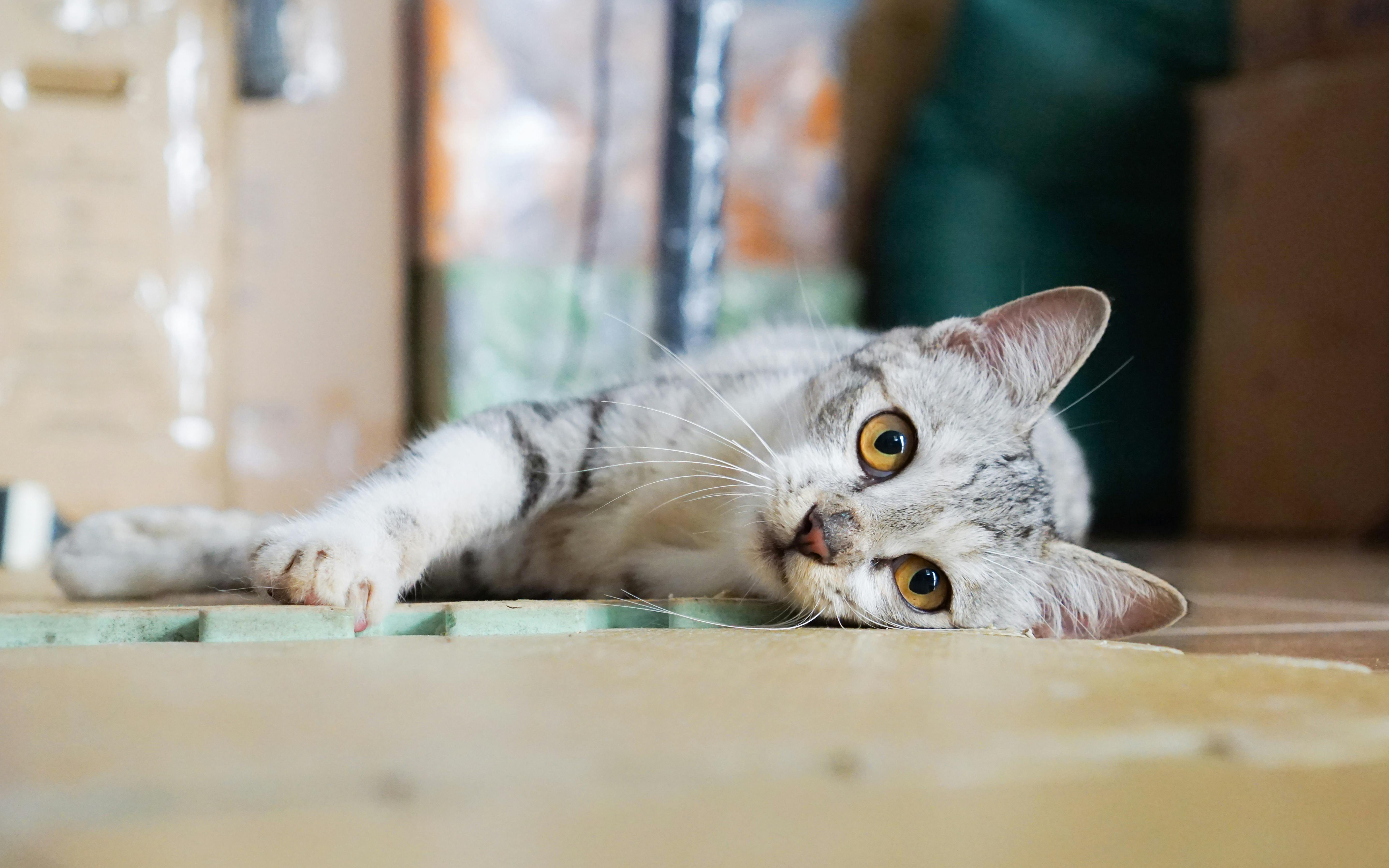Some of you will find the prospect of trying to cheer up a depressed bird amusing. Go ahead and laugh. Like babies, birds of any particular breed look very much alike. The same style of feathers, the same expression, the same beaks, the same claws, the same teeth … To the inexperienced eye, of course. Yet anyone who has spent years studying birds for a living, observing every little emotion, knows that birds do suffer from depression.
So if a depressed bird is left on your doorstep, how can you cheer it up? Once the bird realizes that it has been carried with you as a companion, you have a lot of work to do. Forget antidepressants. Forget St. John’s wort lozenges or tea bags. Before we delve too deeply into the treatment question, are you sure the bird is depressed or misdiagnosed? What aroused your suspicions in the first place?
Depending on the breed of the bird, of course, you may have been able to self-diagnose your problem. Parrots can be great at communicating their feelings, often in the strongest terms. Budgies tend to be less specific about their emotions. “Pretty Joey” and “Who’s a cute boy then?” are common feelings in the world of parakeets. Somewhat less useful, it must be said. If your foundling is one of the more communicative breeds, as long as he is able to carry on a mature and sensitive conversation, he may be a good candidate for cognitive behavioral therapy or CBT.
CBT can be particularly helpful in cases of substance abuse or eating disorders. If your bird shows a particular zeal for sunflower seeds or an unhealthy interest in cuttlefish, CBT is definitely worth a try. The idea is that the bird should change the way it thinks about its problems and the way it acts in response to the world around it. You should explain to your bird that while you may not be able to take away his problems, you can at least help him change the way he thinks about them. Explain that you want to help him alter his thought patterns. Note carefully the bird’s reaction to your explanation.
Some birds develop a feeling of low self-worth that leads to depression. This is sometimes triggered by acts of spite or name calling. Take the bald eagle. Whoever has chosen to adopt this blatantly not politically correct name has a lot to answer for. That the national bird of the United States of America should be subjected to such verbal abuse is nothing short of outrageous. Is it any wonder then that depression is quite widespread among the B *** Eagles?
Owls may be wise, but that very wisdom can be an intolerable burden that leads to severe depression. To put it bluntly, the owl never stops working. We tend to think that they only go out at night and sleep all day. Wrong. In fact, they eat something at night and quick winks forty, but most of the day, they are doing paperwork. Severe stress brought on by overwork, like this one, is a fairly common cause of clinical depression, so the bird on your doorstep is likely not an owl.
One caveat here. Technically, you are not actually allowed to have an owl (depending on where you live, of course), so you should verify with the authorities the legality of your position. Of course, you could claim that the owl has actually adopted you, but again, check to see if owls can adopt people.
Assuming then that you have run the proper tests and are satisfied that you really have the problem of how to cheer up a depressed bird, how should you approach it? Jokes can work in some cases, but you need to be sensitive to the bird’s feelings. There are no chicken jokes. I repeat, NO CHICKEN JOKES. They can make a laugh among turkeys, but in general, they are best avoided altogether.
If you’re thinking of sitting them in front of a television, it’s common knowledge that the Robins dislike “The Simpsons.” They will be happy to watch a complete series of “Friends”, but in general they are quite demanding. In the end, you may find that the bird is so depressed that nothing will cheer him up at this stage. Just give him lots of love and attention, lots of patience and understanding, and of course lots of rest and in due course you should find him back to his old self. This treatment also works with humans.




